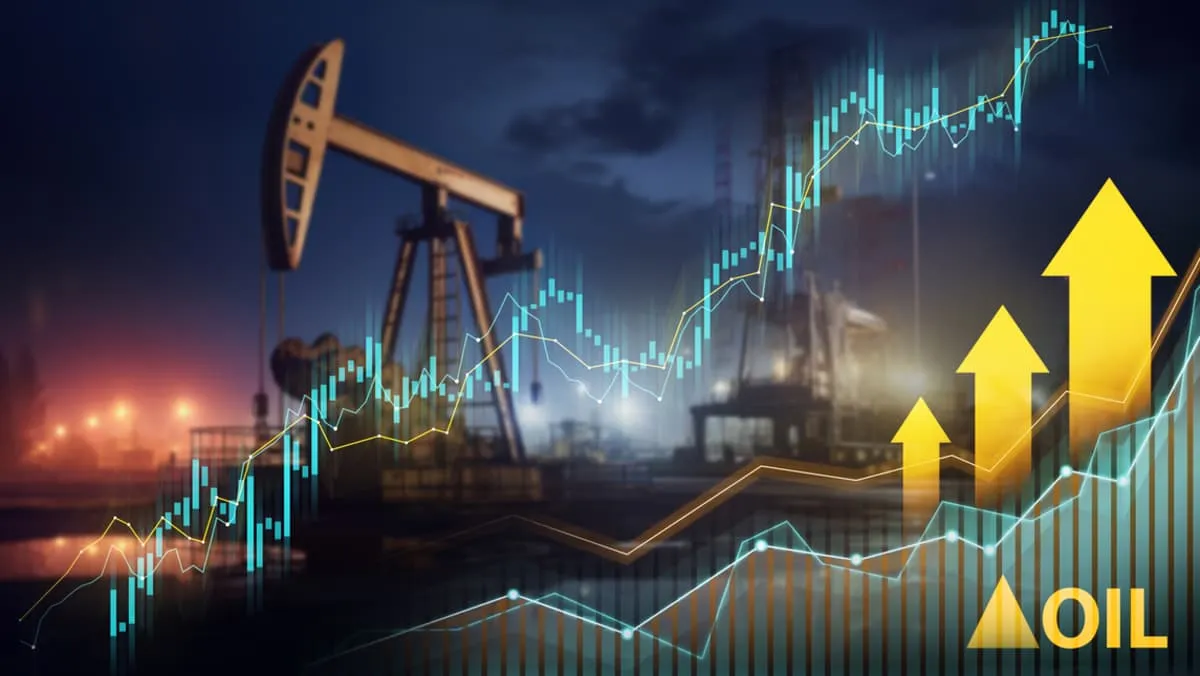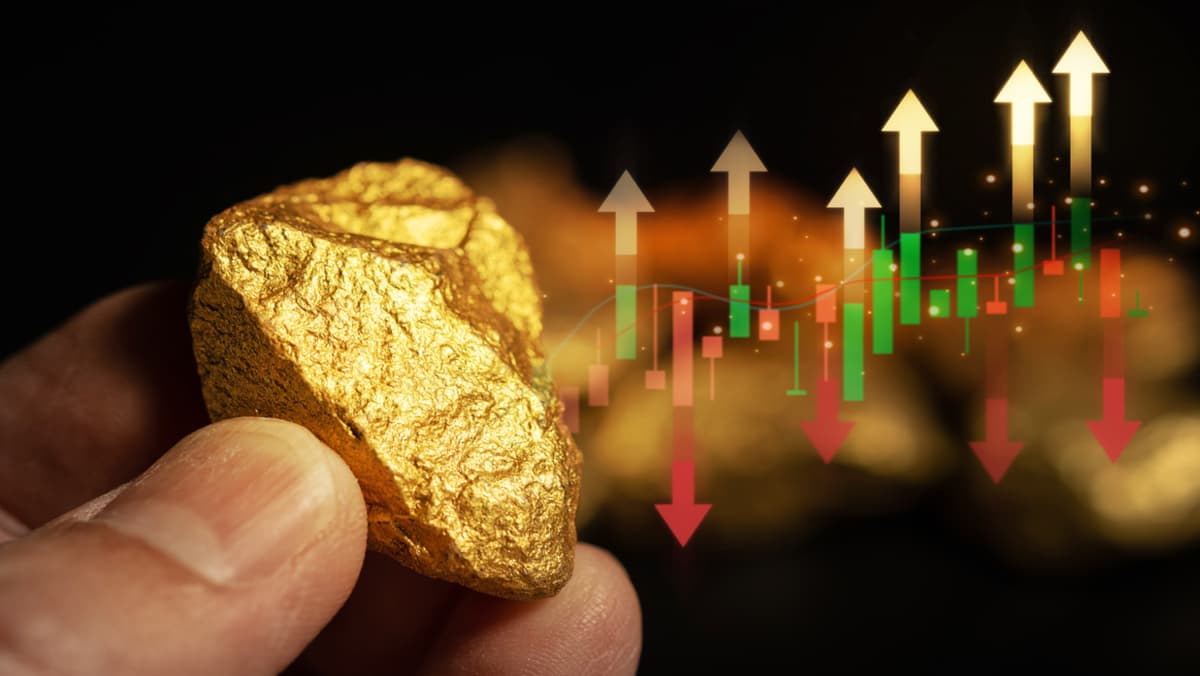
星期二 Sep 3 2024 07:37

5 最小

According to Bank of America, commodities are the sector investors should focus on over the next decade.
In a report released last Thursday, Bank of America strategist Jared Woodard stated that rising structural inflation indicates "the commodity bull market has just begun."
Commodities like oil and gold have long been considered reliable inflation hedges, and if Woodard's prediction of a significant rise in inflation comes true, demand for these assets will increase.
Woodard noted that over the past 20 years, inflation has remained stable at around 2%, driven by trends in globalization and technological advancements. However, the U.S. may soon return to pre-2000 inflation trends, when inflation rose by about 5% annually on average.
Woodard stated, "The reversal of these forces means inflation will structurally shift back to 5%." In 2023, the U.S. Consumer Price Index (CPI) rose 3.4%, with July's data showing a year-on-year increase of 2.9%.
While it may be hard to imagine that the trend of technological disruption suppressing inflation will slow, the deglobalization trend has gained momentum in recent years.

Whether it's the U.S. imposing high tariffs on certain products or supporting the U.S. semiconductor industry, these policies have hindered price declines, especially as the cost of supporting domestic jobs in the U.S. is much higher than labor costs in emerging markets.
Bank of America suggests that investing in commodities could yield an annualized return of 11%, "as debt, deficits, demographics, deglobalization, artificial intelligence, and net-zero policies are all inflationary."
Commodities, especially certain types like gold and oil, are often considered safe-haven assets during periods of economic uncertainty or market volatility. Here’s how some commodities function as safe-haven assets:
1. Gold
Traditional Safe-Haven: Gold is one of the most well-known safe-haven commodities. It has been used for centuries as a store of value and is often favored by investors during times of economic crisis, inflation, or geopolitical instability.
Inflation Hedge: When inflation rises, the purchasing power of paper currencies declines, but gold tends to retain its value, making it a popular choice to preserve wealth.
2. Silver
Similar to gold, silver can act as a safe-haven asset, though it is more volatile due to its industrial uses. During economic uncertainty, it can serve as a store of value and an alternative to gold.
3. Oil
Oil is less of a traditional safe-haven asset because oil prices are closely tied to global economic growth and supply-demand dynamics. However, in certain geopolitical crises that threaten energy supply (like wars or embargoes), oil can see price spikes, providing protection for those invested in energy commodities.
4. Agricultural Commodities (Food)
Commodities like wheat, corn, and rice may act as indirect safe havens in the sense that demand for essential goods like food remains stable or increases during economic disruptions, especially in times of inflation or supply chain shocks.
These potential returns suggest that commodities could be a superior asset class, replacing the 40% allocation typically reserved for bonds in the classic 60/40 investment portfolio.
Woodard emphasized that even during periods of declining inflation and a dovish Federal Reserve, commodity indices have generated annualized returns of 10%-14%, compared to just 6% from the widely followed Bloomberg Aggregate Bond Index.
Gold has been a particularly strong driver of the robust performance in the commodities sector. So far this year, gold prices have surged by about 21%, reaching all-time highs. Since the beginning of 2022, when inflation began to accelerate, gold prices have risen by 35%.
On the other hand, oil has underperformed relative to gold. As of Monday, WTI crude oil was trading around $73 per barrel, roughly the same level as in August 2021.
When considering shares, indices, forex (foreign exchange) and commodities for trading and price predictions, remember that trading CFDs involves a significant degree of risk and could result in capital loss.
Past performance is not indicative of any future results. This information is provided for informative purposes only and should not be construed to be investment advice.
